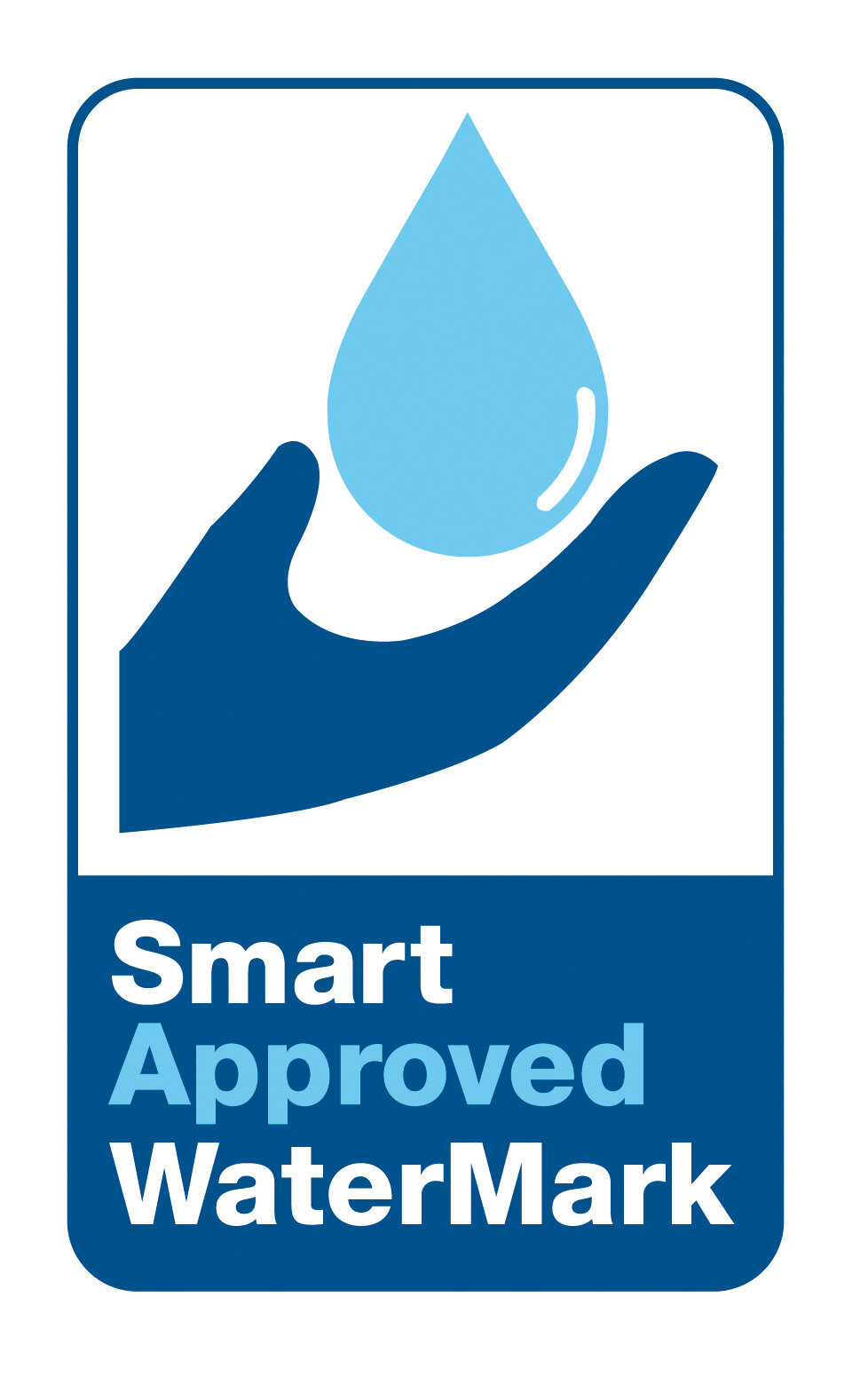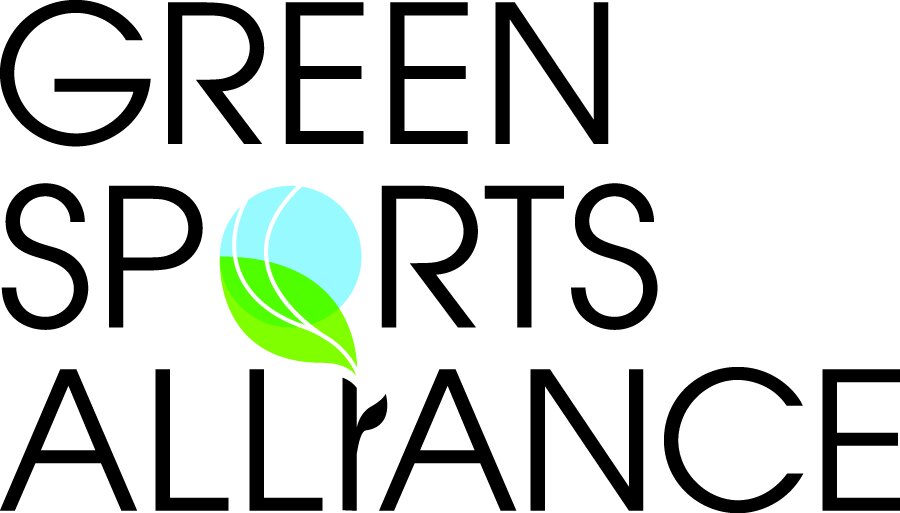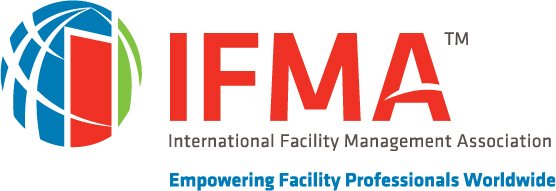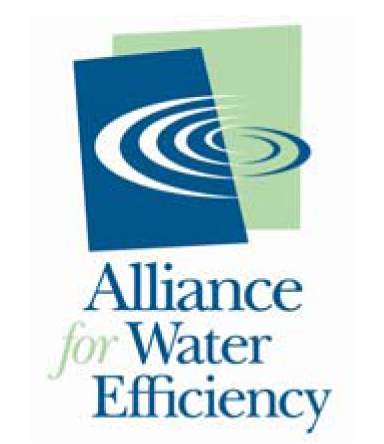The following are key points in an article written by Klaus Reichardt and published by Smart Water earlier this year.
It should be no surprise that China is one of the countries most concerned about water scarcity and its economic impact, not only on the Chinese economy, but the world economy as well.
China accounts for about six percent of the world's total freshwater resources. Compare that to the U.S., which has 45 percent - the largest share - of the world's total freshwater resources of any country in the world.
China is listed as one of the thirteen most water-poor countries globally. With limited freshwater supplies, ongoing water pollution also aggravates their freshwater supplies.
This means that the country is facing increased water scarcity in the coming years and potentially worse, a severe water crisis that might negatively impact the country's future economic growth. In many ways, this is happening right now.
This is the conclusion of a study recently published in PLOS One, a peer-reviewed open-access scientific journal. "Evaluating the impacts of water resources technology progress on development and economic growth over the Northwest, China," was published in March 2020 and conducted by scientists at Shaanxi Normal University.
These scientists examined a region of China as it was in 1996 regarding population, industry, water-related issues, and economic status, to the way it was in 2017, a 20-year period.
Then they took the next step and examined how water shortages and water scarcity impacted the GDP or gross domestic product in this specific region of China. GDP is the monetary value of all goods and services in a country.
The researchers found that "water scarcity is increasingly becoming the biggest bottleneck for urban future development" in several semi-arid provinces in China.
The areas of China included in the study have been experiencing increased water shortages, primarily for the same reasons we mentioned earlier: population growth, economic development, and the overall improvement in living conditions. We should also mention, some parts of China also have poor water infrastructure, which wastes millions of gallons of water per year.
Water Overload
Two other concerns were mentioned in the study. For instance, the researchers also reported water "overload." Because of increasing demands, more of this region's water is derived from underground sources, as it is in many other parts of the world.
However, the researchers found that China's underground water sources are not being regenerated. This is causing the overload, as they call it. Typically, with rainfall events, underground water reservoirs refill with water. However, this is no longer happening in this area of China due to overload.
Recommendations
The study concludes with recommendations that can be used not only in China, but in countries and facilities around the world. Among their conclusions are the following:
Continue developing and installing new water technologies that reduce water consumption.
Conduct water audits in residential and commercial buildings. A water audit identifies where water is used, wasted, not used efficiently, or not needed at all.
Repair water infrastructure. The researchers found that "water institutions," which are water treatment, delivery, and water removal organizations, were wasting substantial amounts of water due to poor water infrastructure.
Development of products that reduce waste and help use water more efficiently. These can result in more significant economic expansion.
Evaluate current restroom fixtures. Today, restroom fixtures are changing rapidly, becoming more water efficient. This is important because in most facilities, the most water consumed in the facility is in the restrooms.
Low-flow and no-water fixtures, such as waterless urinals, should be installed. These can reduce water consumption significantly.
Klaus Reichardt is CEO and founder of Waterless Co, Inc, pioneers in advancing water efficiency. Reichardt founded the company in 1991 with the goal of establishing a new market segment in the plumbing fixture industry with water efficiency in mind. Reichardt is a frequent writer and presenter, discussing water conservation issues. He can be reached at klaus@waterless.com










